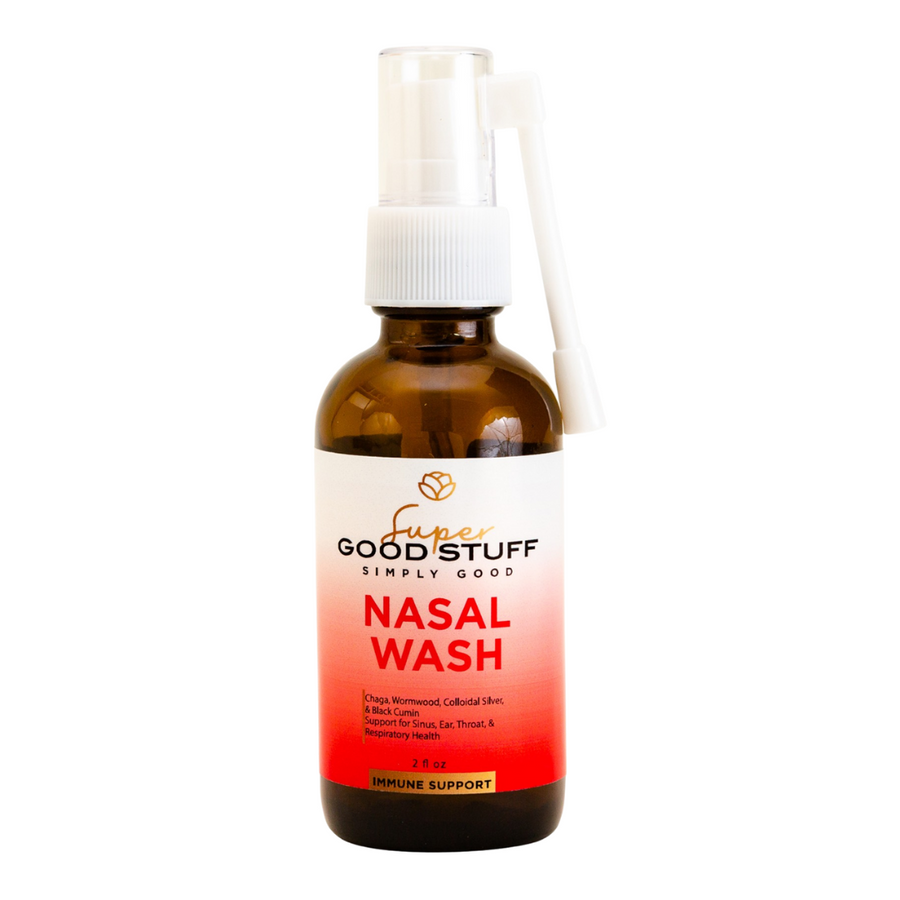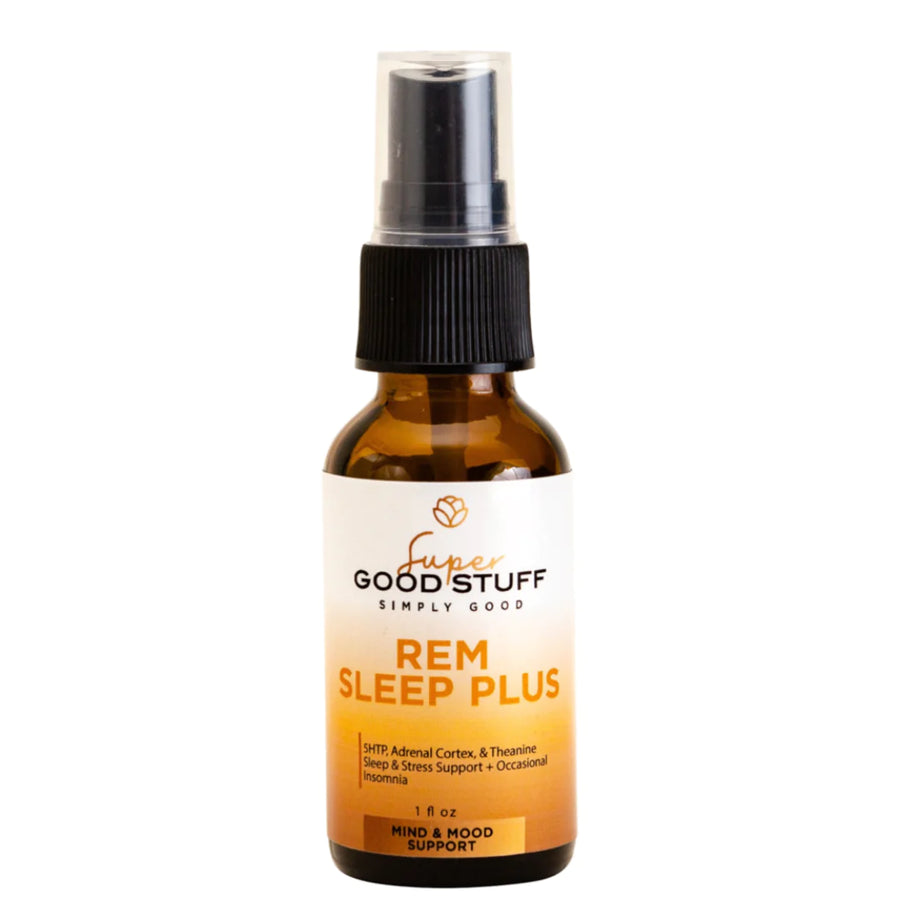Microbes Shown to Manage Cholesterol

Over the years, so much has been learned—and unlearned—about the waxy substance known as cholesterol. We have heard that cholesterol-rich eggs and shrimp are to be avoided, only to later be told that dietary cholesterol does not influence blood cholesterol levels, and that a few eggs or a helping of the tasty crustaceans per week is okay. Now, exercise and diet do play a role in addressing cholesterol, with pharmaceutical intervention via statins as necessary, but researchers have discovered one more way to possibly manage cholesterol—the microbiome. How can gut bacteria influence human cholesterol levels?
Recent research has identified a species of gut bacteria that help reduce intestinal and blood serum cholesterol concentrations, both of which impact human health. One proposed theory for how gut microbiota provide cholesterol-lowering effects is via direct metabolism of intestinal cholesterol to the chemical compound coprostanol. 1 During the study, researchers observed thatm the presence of coprostanol-forming bacteria in human stool was associated with lower levels of fecal cholesterol, which provides a mechanism by which bacteria decrease serum cholesterol levels. This idea is supported by three human cohort studies that demonstrate subjects with coprostanol-forming microbes having lower total serum cholesterol. 1
This discovery serves as potential for the future development of treatment protocols to help people manage their cholesterol with treatments based on their unique microbiomes. These protocols may include novel treatments, dietary considerations, and probiotics. 1 In particular, this could be a way to manage cholesterol for those who find that statin drugs do nothing for their cholesterol levels, this potential management tool may have a great impact, and there are many who could use it. The Centers for Disease Control and Prevention (CDC) state that over 12% of US adults in 2016 over age 20 had high levels of cholesterol, which is a risk factor for cardiovascular disease. 1 Half of this same group takes statins, which the rest do not, which is of concern.
If lifestyle changes have not helped patients to manage their high cholesterol, and medications are not effective, it may serve as a beneficial option to look into recommending ways that positively influence the microbiome and, with it, cholesterol levels.
Reference:
1. Kenny et al., 2020, Cell Host & Microbe 28, 1–13 August 12, 2020 ª 2020 The Authors. Published by Elsevier Inc. https://doi.org/10.1016/j.chom.2020.05.013






